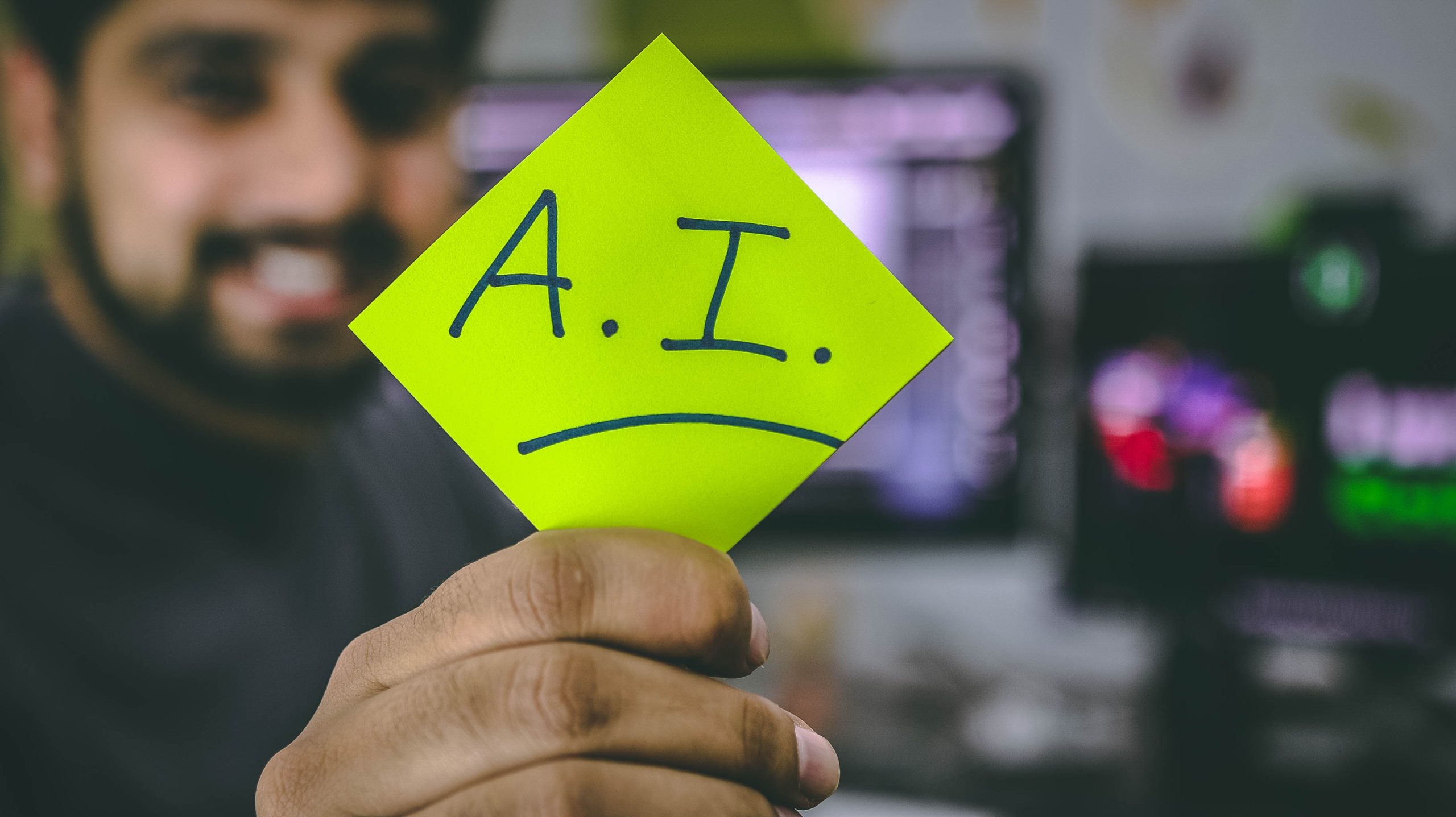Artificial intelligence (AI) has become an integral part of our lives, from the algorithms that power our social media feeds to the chatbots that assist us with customer service inquiries. While AI has the potential to revolutionize industries and improve our daily lives, it also poses significant ethical challenges. As AI becomes more advanced and ubiquitous, it is crucial that we prioritize responsible AI development and deployment. In this article, we will explore the ethical imperative of responsible AI and call for action to ensure that AI is developed and used in a way that aligns with our values and principles.
The Risks of Unethical AI
AI has the potential to perpetuate and amplify existing biases and discrimination. For example, facial recognition technology has been shown to have higher error rates for people with darker skin tones, which can lead to false identifications and unjust arrests. Similarly, AI algorithms used in hiring and recruitment have been found to discriminate against women and people of color. These biases can have far-reaching consequences, perpetuating systemic inequalities and reinforcing discrimination.
In addition to perpetuating biases, AI can also pose risks to privacy and security. As AI becomes more advanced, it can collect and analyze vast amounts of personal data, raising concerns about how this data is used and protected. AI-powered surveillance systems can also be used to monitor and track individuals, raising concerns about government overreach and violations of civil liberties.
The Ethical Imperative of Responsible AI
Given the potential risks of unethical AI, there is an ethical imperative to prioritize responsible AI development and deployment. Responsible AI is AI that is developed and used in a way that aligns with our values and principles, including fairness, transparency, accountability, and privacy.
Fairness: AI should be developed and used in a way that is fair and unbiased, ensuring that it does not perpetuate or amplify existing biases and discrimination.
Transparency: AI should be transparent, with clear explanations of how it works and how it makes decisions. This transparency can help build trust and accountability.
Accountability: AI developers and users should be held accountable for the decisions and actions of AI systems. This can include mechanisms for oversight, regulation, and redress.
Privacy: AI should be developed and used in a way that respects individuals’ privacy and data protection rights. This can include measures such as data minimization, anonymization, and consent.
Call for Action
To ensure that AI is developed and used in a responsible and ethical manner, we need a collective effort from all stakeholders, including governments, industry, academia, and civil society. Here are some actions that can be taken:
1. Develop ethical guidelines and standards for AI development and deployment. These guidelines should be based on the principles of fairness, transparency, accountability, and privacy.
2. Invest in research and development of AI that prioritizes responsible and ethical AI. This can include developing algorithms that are less prone to bias and discrimination, as well as developing mechanisms for oversight and accountability.
3. Promote education and awareness about responsible AI. This can include training programs for AI developers and users, as well as public education campaigns to raise awareness about the risks and benefits of AI.
4. Establish regulatory frameworks for AI that prioritize responsible and ethical AI. This can include mechanisms for oversight, regulation, and redress.
Conclusion
AI has the potential to revolutionize industries and improve our daily lives, but it also poses significant ethical challenges. As AI becomes more advanced and ubiquitous, it is crucial that we prioritize responsible AI development and deployment. By prioritizing fairness, transparency, accountability, and privacy, we can ensure that AI aligns with our values and principles. It is time for a collective effort from all stakeholders to ensure that AI is developed and used in a way that benefits society as a whole.




